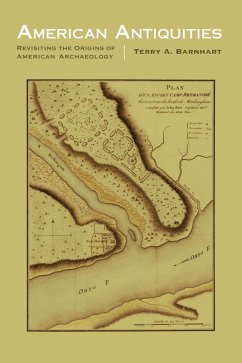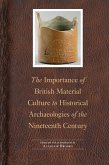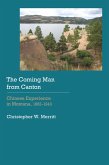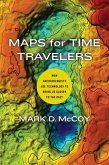Writing the history of American archaeology, especially concerning eighteenth and nineteenth-century arguments, is not always as straightforward or simple as it might seem. Archaeology's trajectory from an avocation, to a semi-profession, to a specialized, self-conscious profession was anything but a linear progression. The development of American archaeology was an organic and untidy process, which emerged from the intellectual tradition of antiquarianism and closely allied itself with the natural sciences throughout the nineteenth century-especially geology and the debate about the origins and identity of indigenous mound-building cultures of the eastern United States. Terry A. Barnhart examines how American archaeology developed within an eclectic set of interests and equally varied settings. He argues that fundamental problems are deeply embedded in secondary literature relating to the nineteenth-century debate about "e;Mound Builders"e; and "e;American Indians."e; Some issues are perceptual, others contextual, and still others basic errors of fact. Adding to the problem are semantic and contextual considerations arising from the accommodating, indiscriminate, and problematic use of the term "e;race"e; as a synonym for tribe, nation, and race proper-a concept and construct that does not, in all instances, translate into current understandings and usages. American Antiquities uses this early discourse on the mounds to frame perennial anthropological problems relating to human origins and antiquity in North America.
Dieser Download kann aus rechtlichen Gründen nur mit Rechnungsadresse in A, B, BG, CY, CZ, D, DK, EW, E, FIN, F, GR, HR, H, IRL, I, LT, L, LR, M, NL, PL, P, R, S, SLO, SK ausgeliefert werden.









